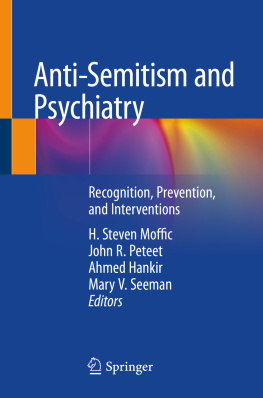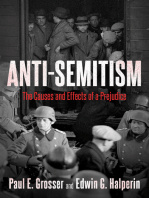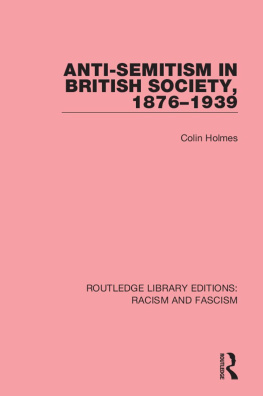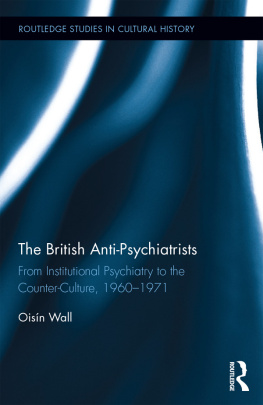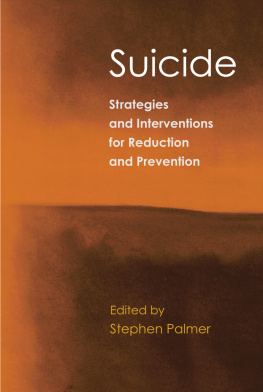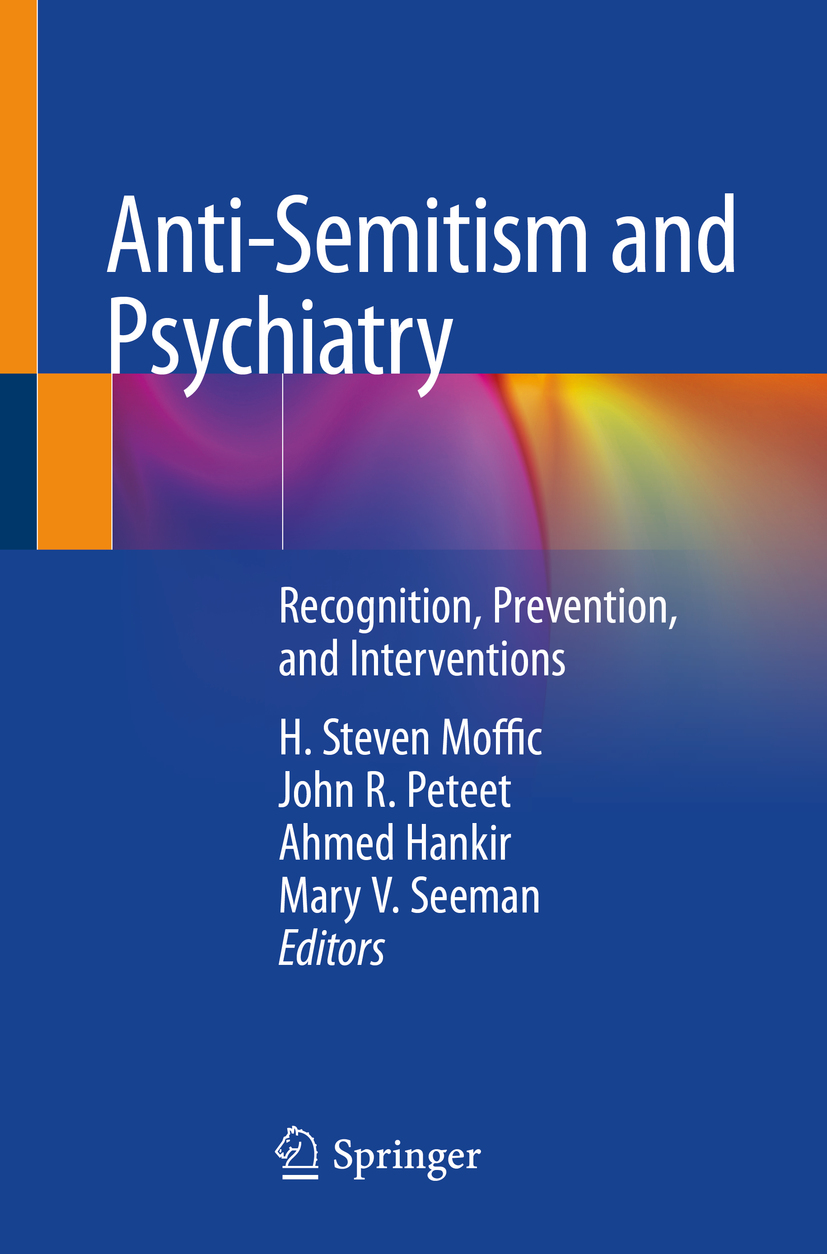H. Steven Moffic
John R. Peteet
Mary V. Seeman
Though chutzpah is not at all an everyday word used in scholarly psychiatry, it may be the best one word introduction to this edited volume. Indeed, producing this edited volume could be called an act of chutzpah.
Chutzpah originally was a Hebrew word that was adapted into Yiddish, Yiddish being the common language of Jews in Eastern Europe before the Holocaust of World War II. From Yiddish, it was adopted into English and everyday usage, especially in America, in recent times. It has been variously defined, as in Merriam-Webster, as audacity, nerve, and supreme self-confidence. It even has an interesting pronunciation, with a hard ch that seems to reflect the hardness of its meaning, as heard in https://www.youtube.com/watch?v=Ot-81hJHIDY . Given its extreme implications, having chutzpah can turn out to be fantastic or destructive but generally not in between and/or blah.
Alan Dershowitz, the controversial and well-known twentieth-century American lawyer, wrote a best-selling book titled Chutzpah about 30 years ago. He tried to make the case that its possible for a Jew to be 100% loyal to ones country as well as to Israel. In retrospect, this perspective may have been ahead of its time in regard to the current increase in anti-Semitism, its connection to anti-Zionism or hostility toward Israel and the lack of agreement on how to address this development. In line with his argument, Dershowitz recommended that Jews should stop trying to maintain a low profile in America.
This first attempt in decades to address the psychiatric aspects of anti-Semitism is upping the ante and profile. Is that chutzpah? Is it also chutzpah to go against one view of psychiatry the view that psychiatry should just mind its own traditional business of direct patient care and stay away from social problems? Perhaps, but it is definitely chutzpah to think that our book might be able to help to significantly reduce anti-Semitism, given that it is the longest-running prejudice in history.
Since history also tells us that religions are often at conflict or war, it could also be an act of chutzpah to have a multi-faith team of editors for this volume, as well as a multicultural group of chapter writers. We have a male and female Jewish psychiatrist, a Christian psychiatrist, and a Muslim psychiatrist as editors. We also have a diverse representation of chapter writers, most of whom live currently in the United States but also in Canada, France, India, Israel, and the United Kingdom. Moreover, their familial, emotional, and historical ties, always important for psychological insights, include such far-flung countries as Argentina, Egypt, Germany, Ireland, Lebanon, Libya, Poland, Romania, and Russia. One of the striking examples is a non-Jewish psychiatrist, with an expertise in community resilience, who had a family member who was an American prisoner of war (POW) in Nazi Germany. There were many such unanticipated connections of would-be authors to anti-Semitism, indicating how widespread its relevance may be, not only for Jews but also for many others.
This heterogeneous approach may be politically correct or incorrect, but we are confident that it is psychologically correct. We hope that this ethnic and religious diversity and interaction may serve as an exemplar on how we can effectively challenge societal problems such as anti-Semitism. Indeed, we are confident because we had a similar multi-faith collaboration of editors and writers for a prior Springer volume on Islamophobia and psychiatry, a book that has already received substantial positive feedback and review.
This new volume can be thought of as a sequel of sorts. It came to fruition when the same editorial representative from Springer who had acquired theIslamophobia and Psychiatryvolume noticed the worrisome related rise of anti-Semitism in New York City and suggested we cover this risk to the mental health of Jewish people and to the anti-Semites themselves and prevent the inevitable spread of hatred to other cultural groups. One difference between the terminologies of these two groups is that anti tends to mean hate or against, as in this case, the long-term ebb and flow toward Jews. Phobia , instead, implies unrealistic fear, as (for the most part) in the more recent case of Muslims. The wisdom of this request seemed confirmed when at the May 2019 Annual Meeting of the American Psychiatric Association in San Francisco, a colleague came to the crowded Springer booth highlighting new books, saw the book on Islamophobia and psychiatry, and asked the person manning the stall if a textbook on anti-Semitism and psychiatry existed? The answer was, of course, that it is on its way! It will be the first book of its kind in a generation, a generation which wrongly assumed that anti-Semitism had virtually disappeared.
We cover various anti-Semitic topics and tropes and have grouped them into sections covering general interest, psychiatric implications, specific clinical challenges, and social psychiatric implications. There are several chapters of personal reflections of anti-Semitism in the lives of various psychiatrists, which turn out to engage with emerging research on the potential power and ability of such personal narratives to change attitudes. Many chapters discuss issues that one would expect to find in such a book, but some are on rarely addressed topics that also need our attention, including:

